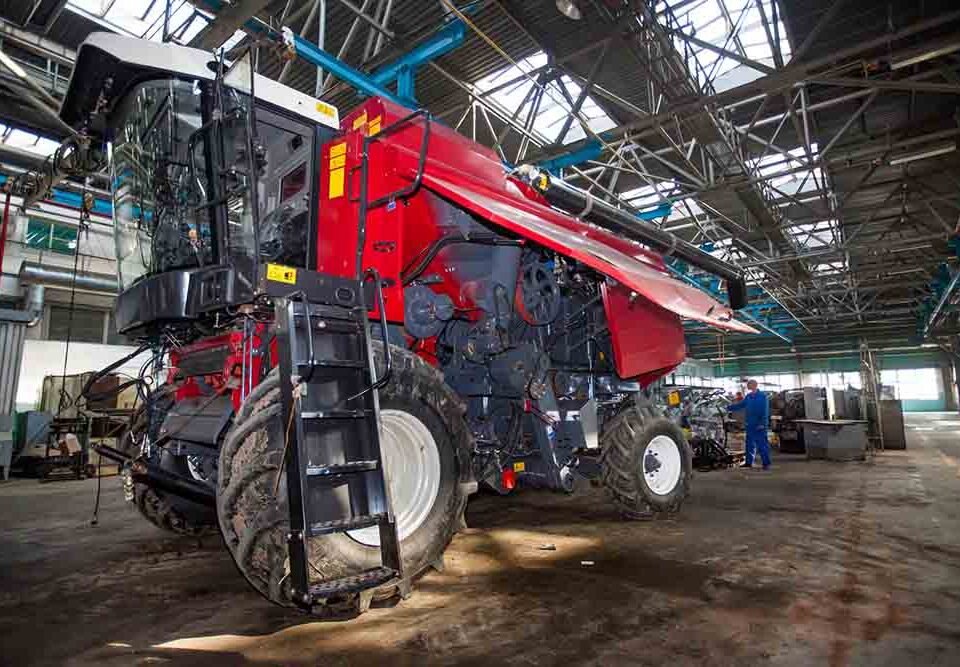Farm sheds are crucial in safeguarding your valuable assets, providing protection from the elements, and keeping your farm operations running smoothly. As such, they’re paramount to achieving efficient farming methods.
While standard off-the-shelf shed kits are readily available, customizing farm buildings offers a range of benefits that can significantly enhance your agricultural operations.
Read on to learn more about the materials commonly used to construct sheds and the different types of farm buildings. We’ll also list the advantages of customizing farm sheds to suit your needs.
Table of Contents
Common Farm Shed Materials
Choosing the right materials for your customized farm shed is crucial to ensure durability and longevity. Common materials used in constructing farm sheds include the following:
- Steel
Steel is a popular choice due to its strength and resilience. Steel farm sheds can withstand harsh weather conditions and require minimal maintenance. These structures are also fire-resistant, making them suitable for storing flammable materials.
- Wood
Wooden sheds have a rustic charm and blend well with the farm environment. However, they may require more maintenance to prevent rot and insect infestations.
- Concrete
Concrete is used for the flooring and foundation of many farm sheds. It’s highly durable and moisture-resistant, making it ideal for areas prone to flooding.
- Aluminum
This type of metal is often used as a roofing material for agricultural sheds. Lightweight and corrosion-resistant, aluminum is best for builders looking for durability and longevity.
Types of Farm Sheds

Farmers have diverse storage requirements, and farm sheds have various types to accommodate these needs. Some of the most common types of farm sheds include these:
- Machinery Sheds
These are designed to house agricultural equipment, like tractors, harvesters, plows, and other large farming equipment. They typically have large, open floor plans and high ceilings to accommodate the sizeable machines.
- Hay And Grain Storage Sheds
These sheds are tailored for storing hay bales, grain, and other bulk agricultural products. These farm buildings come in different designs and sizes, and offer protection from the elements, keeping your assets safe and prolonging their lifespan. Proper ventilation and insulation are essential to maintain the quality of stored crops.
- Livestock Shelters
For farmers raising animals, such as cattle or poultry, customized livestock shelters create comfortable environments for the animals. These may include customized barns, stables, or poultry houses, with added features like feeding areas, ventilation, and water supply systems.
- Workshops And Tool Sheds
A well-equipped workshop shed is a farmer’s best ally. Farmers often require space to perform equipment maintenance and repairs. Customized workshops within farm sheds can house tools, workbenches, and machinery for such tasks.
- Greenhouses
These eco-friendly structures are indispensable for farmers with diversified products. With greenhouses, farmers can produce crops all year round. Customization solutions for these sheds include automated climate control and irrigation systems.
Benefits Of Customizing Farm Sheds
Efficiency is key in agriculture, and a tailored structure serves as the backbone of any successful farming operation. Below, you’ll find the primary advantages of customizing farm sheds:
- Tailored Design
Customization allows you to design a shed that perfectly suits your farm’s layout and requirements. You can choose the size, layout, and features that best accommodate your equipment and operations.
- Optimized Space
Customized sheds maximize the available space, ensuring efficient storage and organization of your equipment, tools, and agricultural products.
- Climate Control
Depending on your location and storage needs, you can add insulation, ventilation, or climate control systems to protect your assets from extreme temperatures, humidity, or pests.
- Cost Efficiency
While customizing a farm shed may have a higher upfront cost, it can save you money in the long run by reducing maintenance expenses and minimizing losses due to equipment damage or crop spoilage.
- Customized Protection
Different types of farm equipment and produce have varying storage requirements. Farm animals need to be shielded from the elements to stay healthy. Customization ensures that your shed is designed to protect against weather, pests, and destructive contaminants.
- Increased Property Value
A well-designed and customized farm shed can enhance the overall value of your property, making it more attractive to potential buyers or investors. Should you decide to sell your property, your farm shed customization expenses will be considered in the selling price.
The Bottom Line
Customizing farm sheds is not merely about creating a storage space; it’s a strategic investment that can significantly improve your farming operations. By carefully considering the type of shed and the materials used in its construction, you can ensure that your customized farm shed fulfills the protection and functionality your agricultural assets require.
So, whether you’re a seasoned farmer or just starting, don’t underestimate the power of tailoring your farm shed to your unique needs—it’s a decision that can pay dividends for years.










